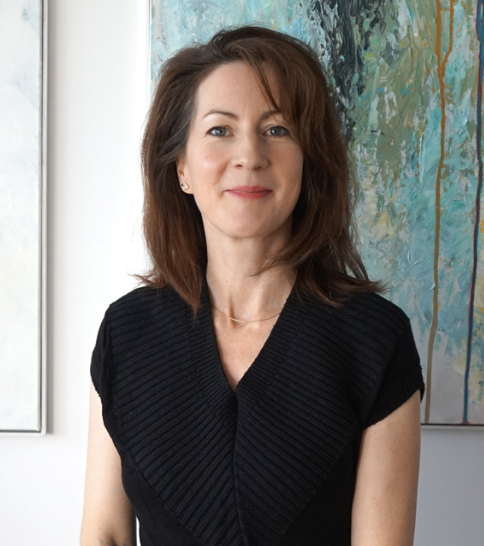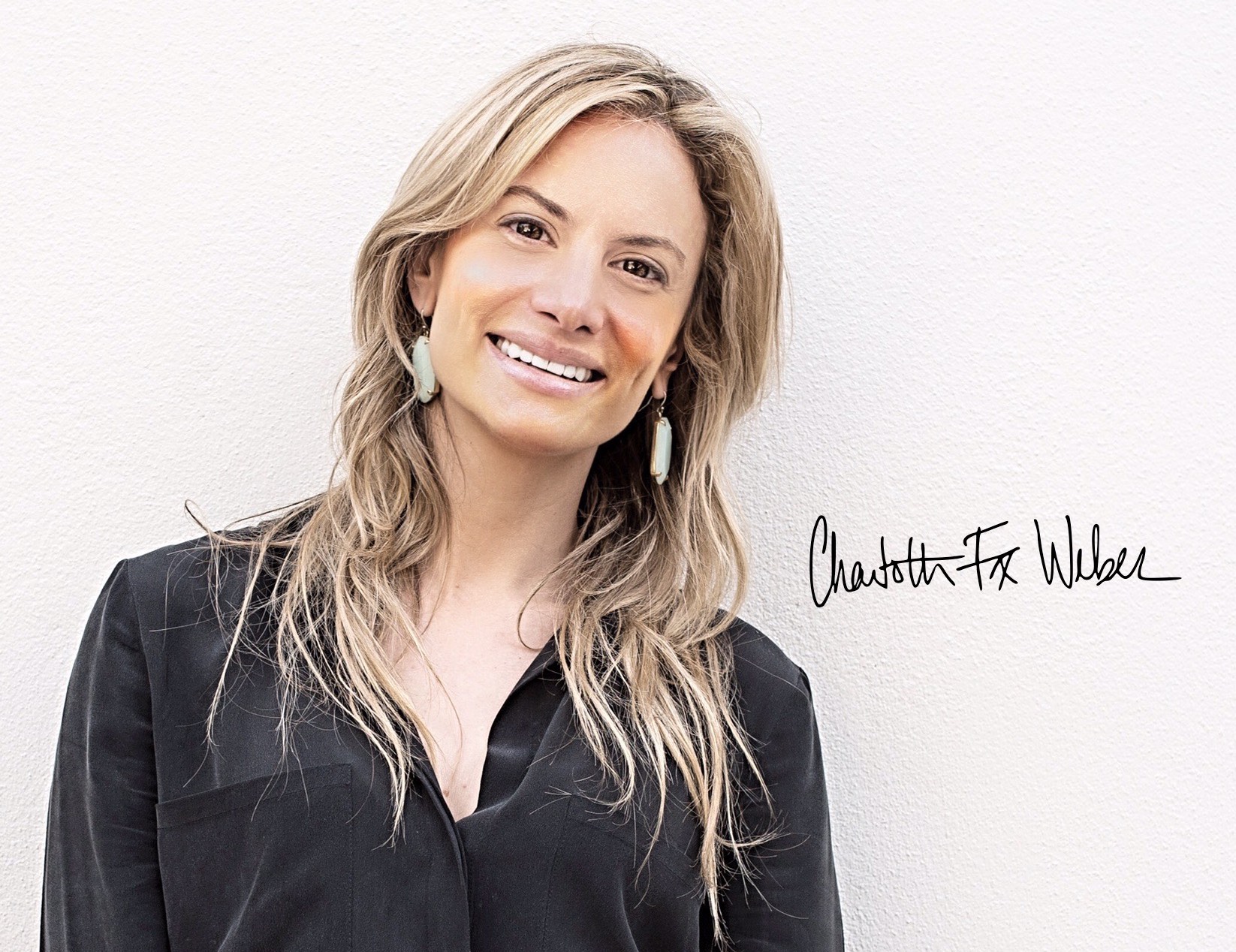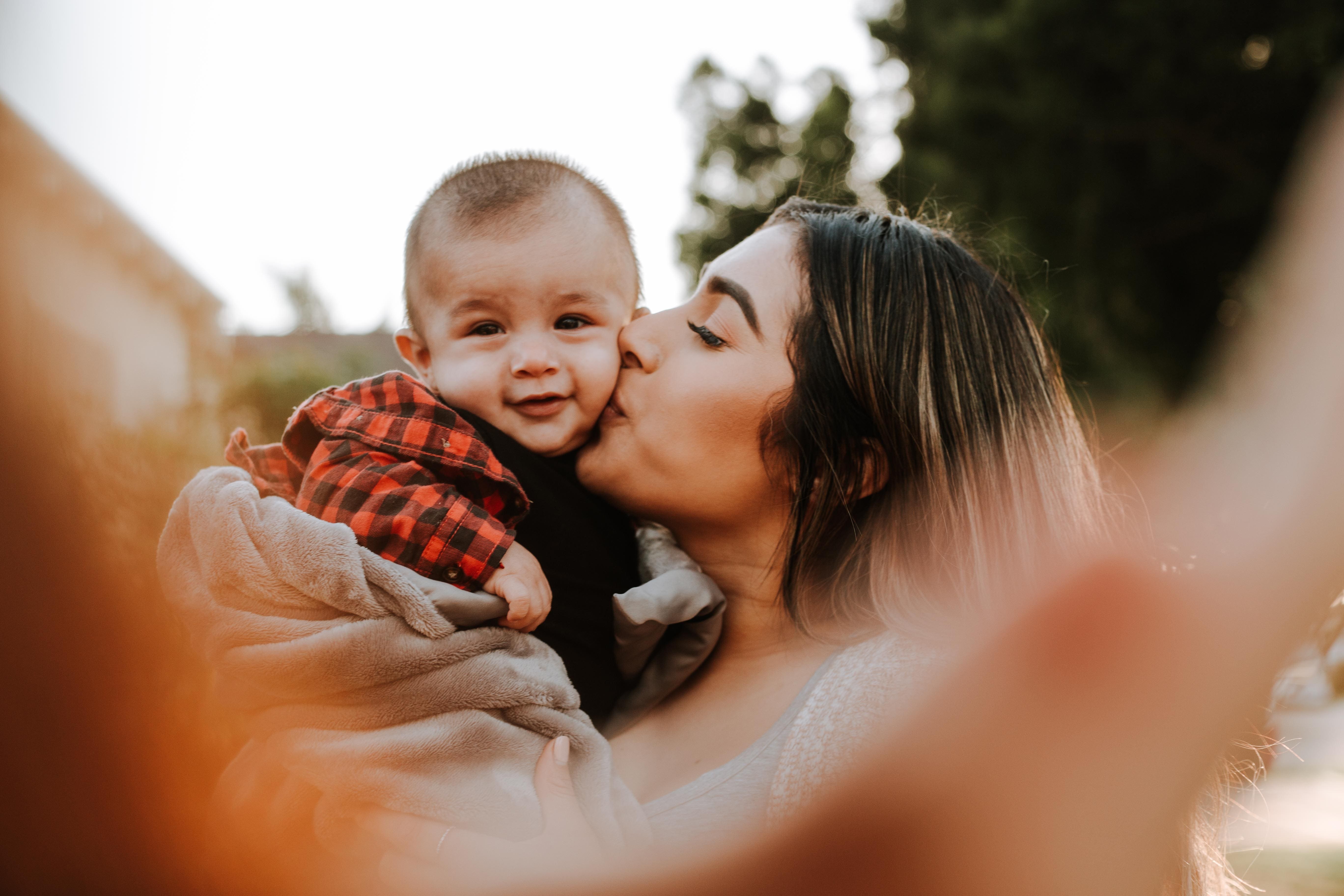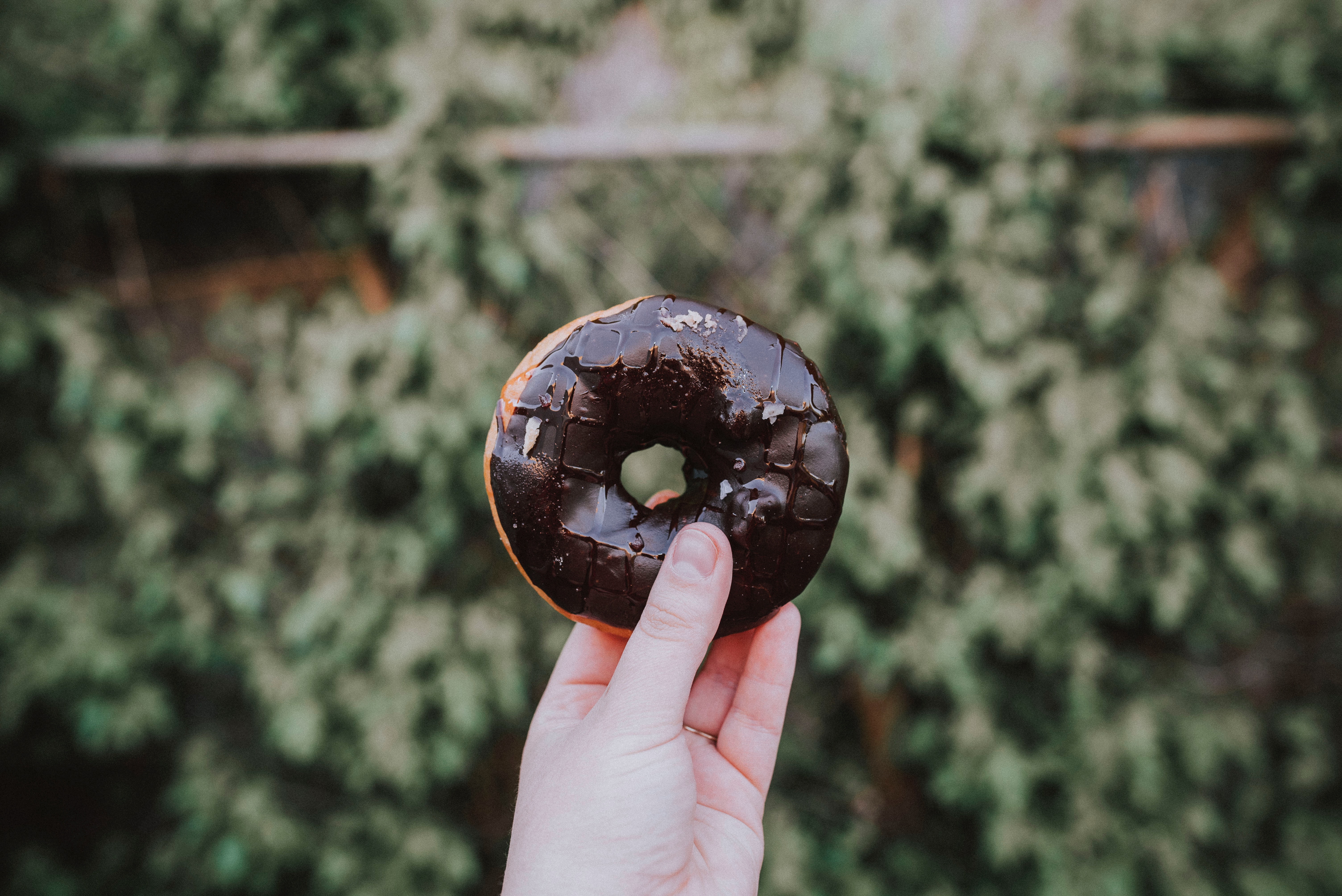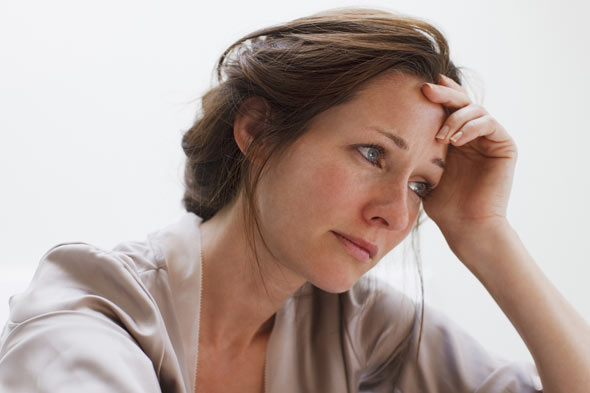Do you often feel guilty without being able to put your finger on the cause? Experiencing a feeling of dread and the underlying suspicion that you have done something you shouldn't – or didn't do something you should? If yes, then you are not alone. Diffuse and generalised feelings of guilt are very common. Often blaming oneself has become a habit. A pattern has evolved whereby we first feel guilty and then assume we are guilty and start hunting for a reason. Strangely we always find one. Often we are confusing a feeling with evidence: but that we feel guilty doesn't necessarily mean we are guilty. We need to keep questioning that correlation. Sometimes it might be true, but not necessarily and not always.
Diffuse and generalised guilt can stem from key events in our past. So if we are haunted by certain past events with which we connect a strong feeling of guilt, it is worth going over those carefully. Looking at each situation again we can consider a slightly different angle by converting the concept of "blame" into "control". We can only be blamed for something that we were responsible for, and that means we had power and control over it. What percentage of control did we really have in the event in question? And to what percentage other people or external circumstances did? Creating a pie chart and assessing the percentages of responsibilities can help us see the facts less biased and get a fuller picture.
Another aspect to watch out for is memory distortions, e.g. hindsight bias. Hindsight bias means we realise how bad a decision was or what the consequences were when viewing the past from our current perspective, knowing what we know now. To examine this we need to remember what we really knew at the time. Also often we jump back to a particular point in the past and assume we know how things would have continued from there if only we had made a decision or action differently. That is of course not true: Chains of events are like branching trees, with every of our decisions and actions and other people's decisions and actions having a multitude of possible outcomes. So even if we had acted differently at a certain point, there is no possibility for us to know what would have happened after that.
Additionally we sometimes focus only on the good things that might have happened had we chosen a different option and discard all outcomes that could have been just as likely but negative.
Another angle of how to examine the event in question: at times we blow our responsibility out of proportion by equalling "I could have prevented this" with "I caused it".
So why do we do this self-blaming? It can make us feel safer to blame ourselves than accepting that there are many things and many negative things that can happen over which we have very little or no control. Without being conscious of it this might be an attempt at feeling like we are in control of things, in control of our lives. From there it can evolve into a pattern of thinking and feeling. Once we got used to searching for our own guilt we will always find it. Habitual patterns and emotions can be very strong and even though we do not at all enjoy or consciously seek out the painful feeling of guilt, we might turn to it again and again, in auto-pilot.
In my practice I often help clients to assess those emotions. It is a real joy to debunk with someone the guilt-myths they have been telling themselves and help them take the load of self-blame of their shoulders.
It is essential to distinguish between guilt that is justified and appropriate and those cases where guilt is disproportionate to what really happened. This can be examined by distinguishing between feelings and evidence and by appraising proportions of control in the events. How big was the client's share of responsibility realistically, given their skills and resources at the time?
Once some bigger traumas are tackled and eradicated it is time to work on patterns and attack habitual allocations of guilt. Then learn to let go of these unhealthy and painful feelings.
